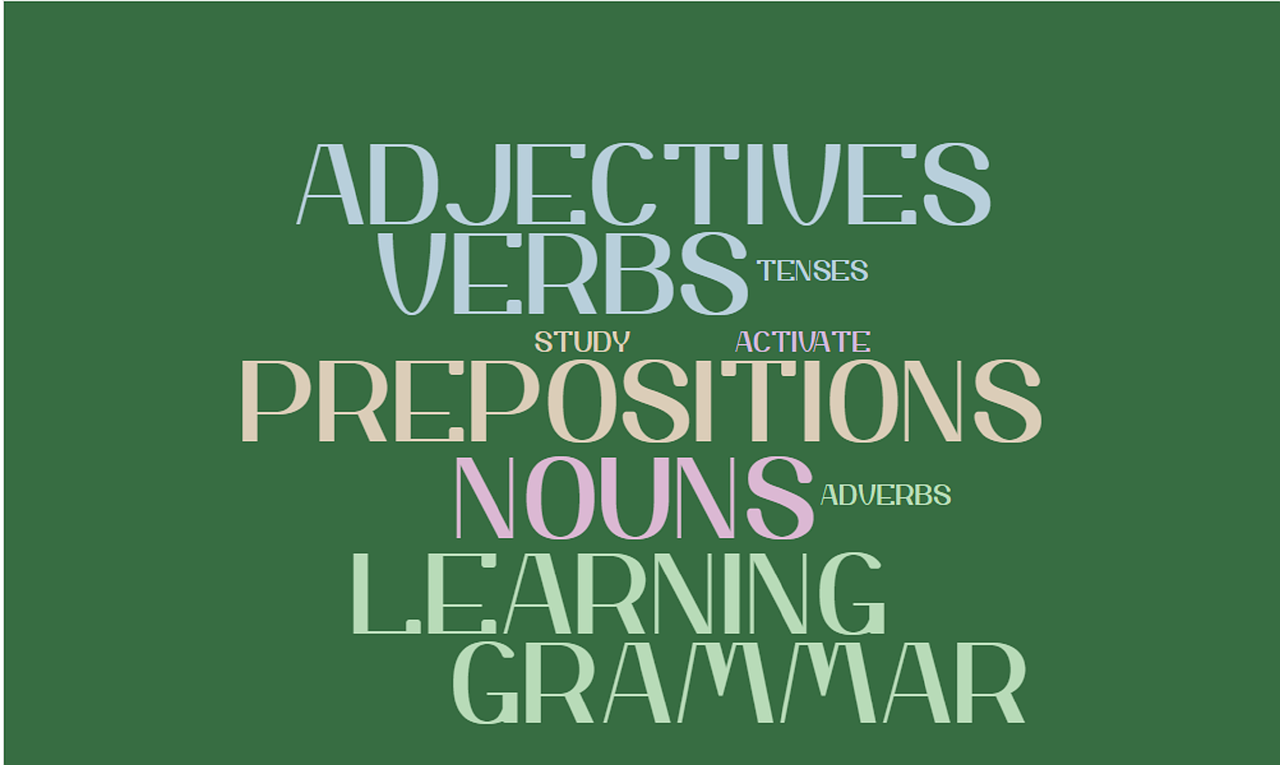All people who want to learn the English language start from learning words. It is the simplest part of learning a language. You find a word and learn its meaning. But many people stumble when they have to move to a more complex part of learning a language which is grammar. Grammar will help you to create the sentences correctly. When you, as a beginner, look through the grammar rules, it seems like they are endless and extremely hard. It can be hard at some point, but you can overcome those obstacles easily.
Tips on how to learn grammar easily
There are certain things which you can apply and learn grammar with no sweat.
Learn words
Before you start to bother with grammar, you have to learn a lot of words. It makes perfect sense that you need to know the words if you want to create a sentence. You can learn the words in any way you find easy and amusing, as long as you memorize as many of them as possible.
Learn parts of speech
In order to fully understand the grammar rules, the first thing your should do is to learn the parts of speech. In the English language, there are eight basic parts of speech. Those are:
- Nouns – Nouns are the words used to describe persons, things, or places.
- Pronouns – Pronouns are the substitute words for nouns and they are used when the person listening or reading knows what noun you are replacing. For example, when you mention a person several times, you don’t have to emphasize their name each time. You can use a suitable pronoun.
- Verbs – They are describing actions. For example, run, feel, be, have, etc.
- Adjectives – They are describing nouns. For example, funny, pretty, yellow, etc.
- Adverbs – Adverbs describe verbs, adjectives, or other adverbs. For instance, slowly, clearly, always, etc.
- Prepositions – They are used before nouns or pronouns and they show time, place, direction, location. For example, at, in, on, from, to, etc.
- Conjunctions – Conjunctions are the words that connect other words, phrases, or sentences. For instance, and, or, but, because, etc.
- Articles – The definite and indefinite articles are used before a noun. Those are “the” and “a” or “an”.

Understand the points of view
Just like many other languages, the English language has three points of view, each one of them can be singular or plural. Singular – the first person is “I”, the second person is “you” and the third person is “he”, “she”, or “it”. When it comes to plural, the first-person view is “we”, the second person is “you” and the third person is “they”. So, basically, you will need this pattern for any verb tense, so you need to understand this properly.
Learn the basic tenses
There are 12 basic tenses in the English language which can be further categorized into the present, past, and future tenses. Make sure to learn all of them, how they change, and in which cases they are used.
Present tenses:
- Simple Tense
- Continuous Tense
- Perfect Tense
- Perfect Continuous Tense
Past tenses:
- Simple Tense
- Continuous Tense
- Perfect Tense
- Perfect Continuous Tense
Future tenses:
- Simple Future Tense
- Continuous Tense
- Perfect Tense
- Perfect Continuous.
Practice grammar regularly
After you learn the basic rules of grammar, then all you have to do is – practice grammar. You can do that in various ways.
– Talk to other people – Conversation with other people is not only a great way to learn grammar but to learn to speak a language in general. When you try to create a sentence in real-time, you will be able to see exactly the segments in which you need to invest more time and effort. For example, if you struggle with the use of tenses, you need to practice tenses more. Or you could ask the other person to correct you on the things they think you are doing wrong. This way you could learn from your mistakes.
– Read books, magazines, and news – Read any type of content you read in your own native language. It could be politics, science, or anything else. Try to find versatile content, different genres, and different writing styles. And always keep the dictionary and your notebook near. Write down any unfamiliar word or anything you figured out at the moment. For example, if you figure out how to put the words in the correct order or some pattern you noticed, simply write it down.
– Play games – Find any grammar games and apps on your phone or computer. And then test your grammar on daily basis.








